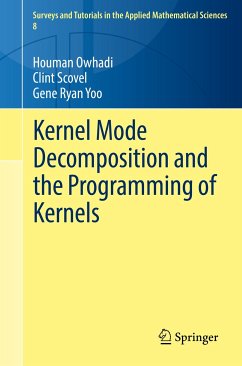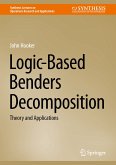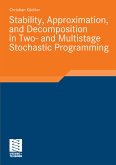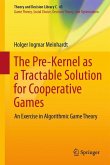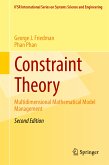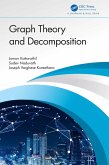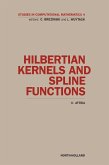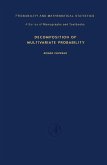Although kernel methods have strong theoretical foundations, they require the prior selection of a good kernel. While the usual approach to this kernel selection problem is hyperparameter tuning, the objective of this monograph is to present an alternative (programming) approach to the kernel selection problem while using mode decomposition as a prototypical pattern recognition problem. In this approach, kernels are programmed for the task at hand through the programming of interpretable regression networks in the contextof additive Gaussian processes.
It is suitable for engineers, computer scientists, mathematicians, and students in these fields working on kernel methods, pattern recognition, and mode decomposition problems.
Dieser Download kann aus rechtlichen Gründen nur mit Rechnungsadresse in A, B, BG, CY, CZ, D, DK, EW, E, FIN, F, GR, HR, H, IRL, I, LT, L, LR, M, NL, PL, P, R, S, SLO, SK ausgeliefert werden.
Hinweis: Dieser Artikel kann nur an eine deutsche Lieferadresse ausgeliefert werden.

